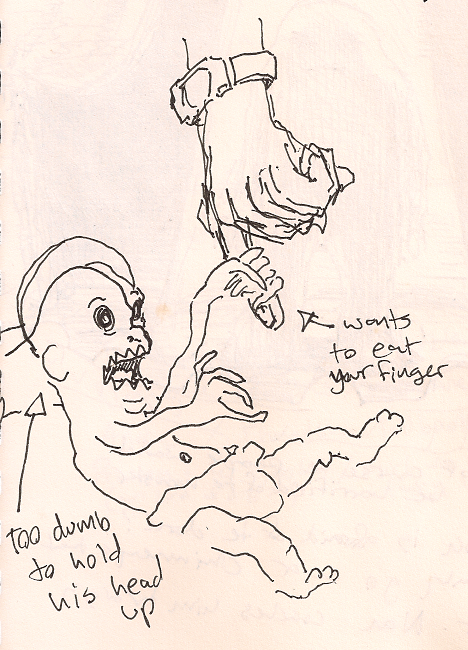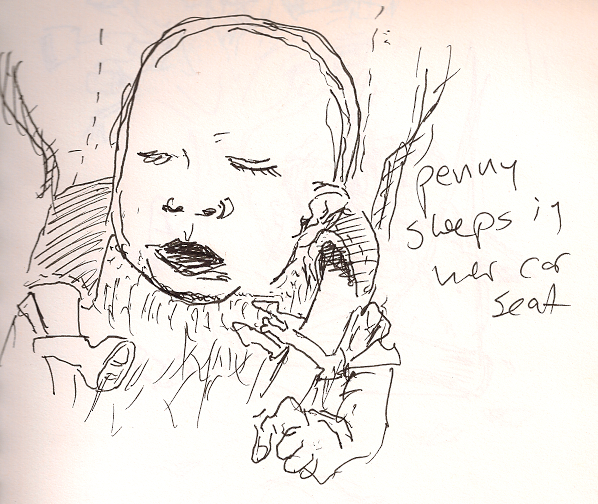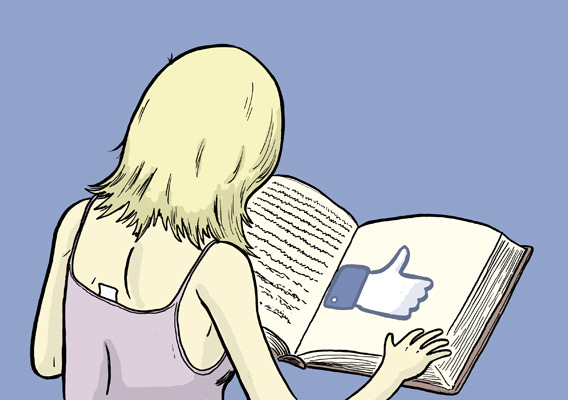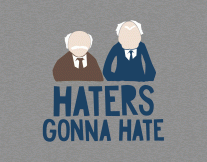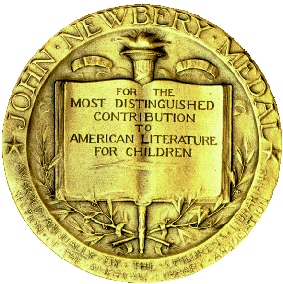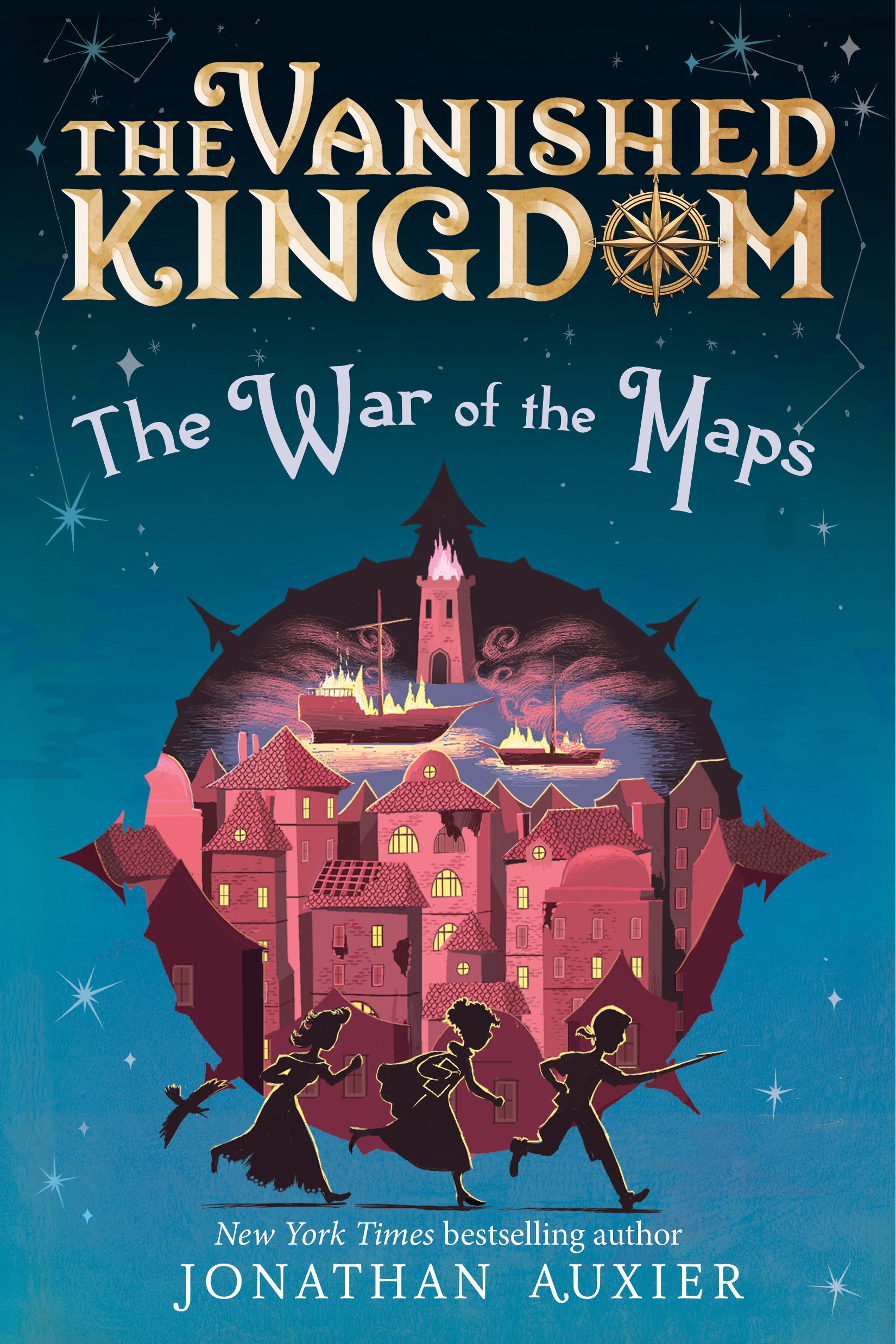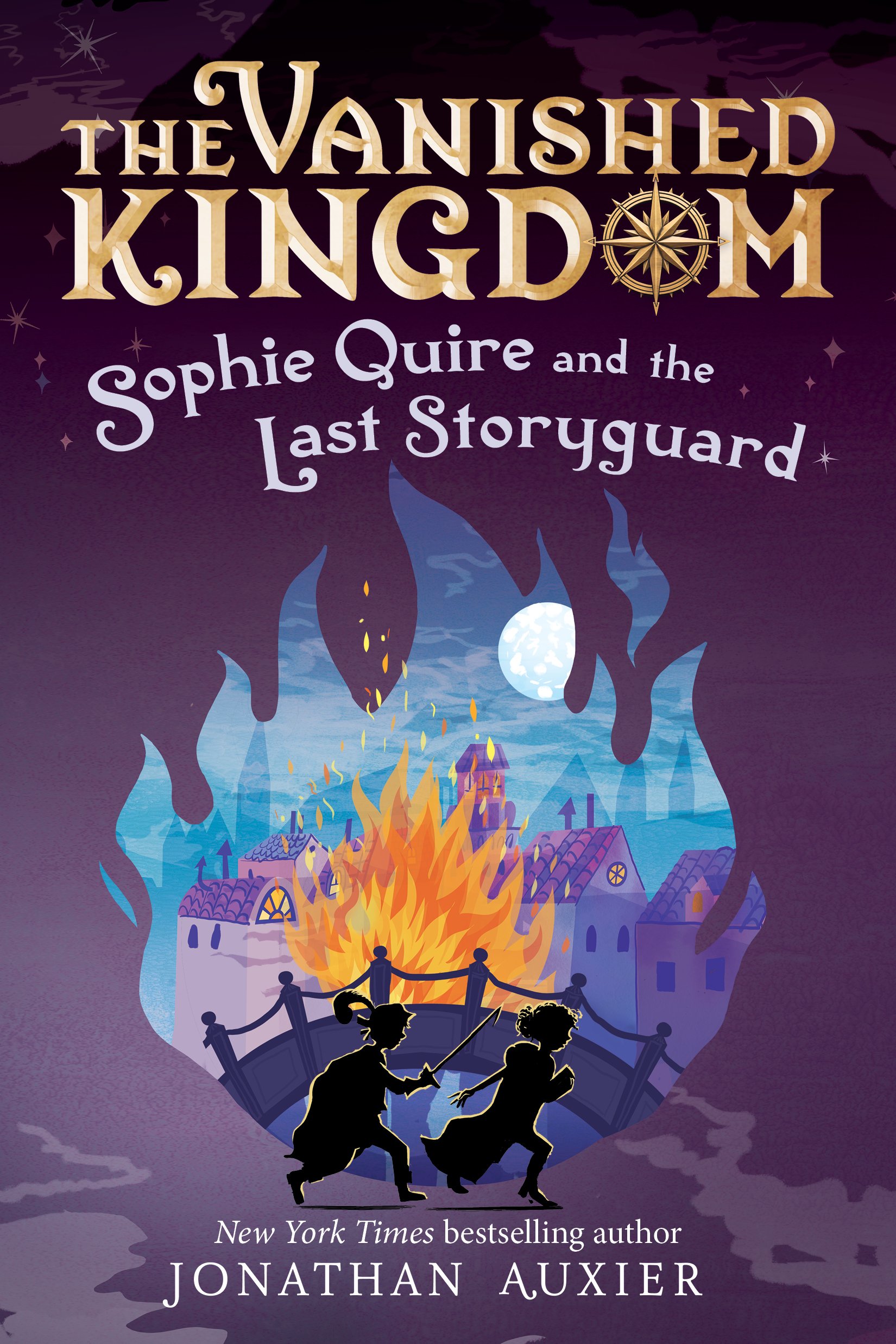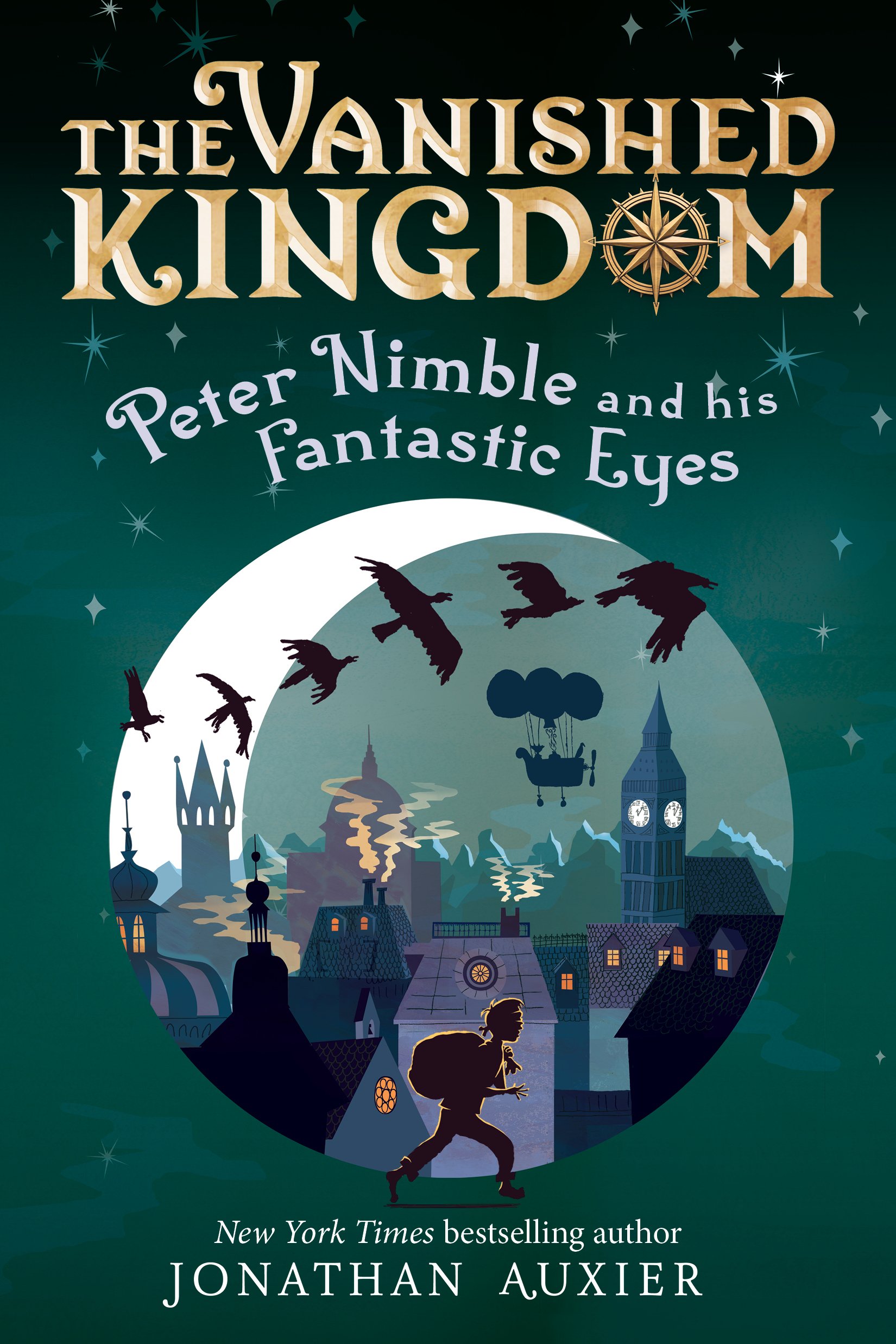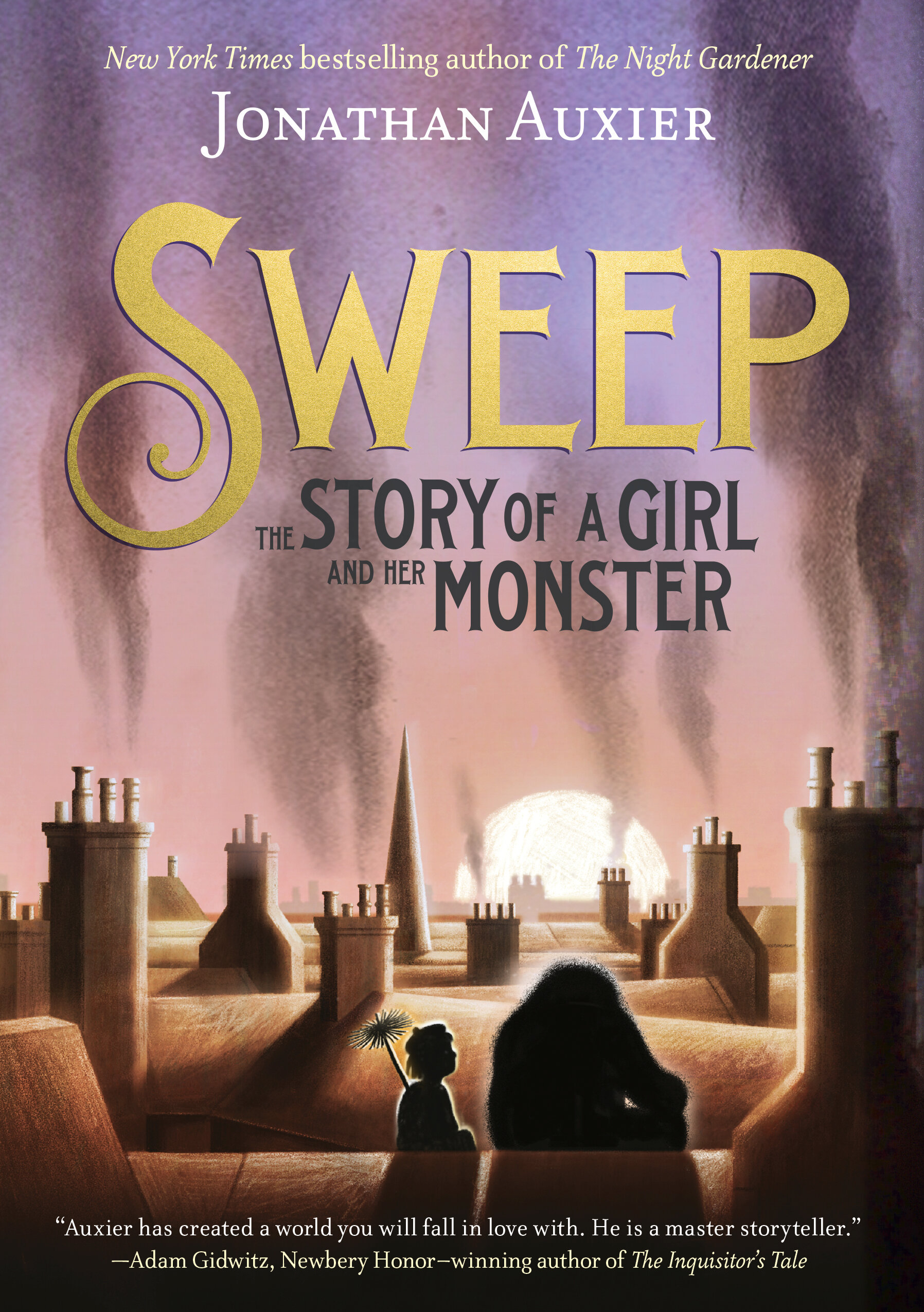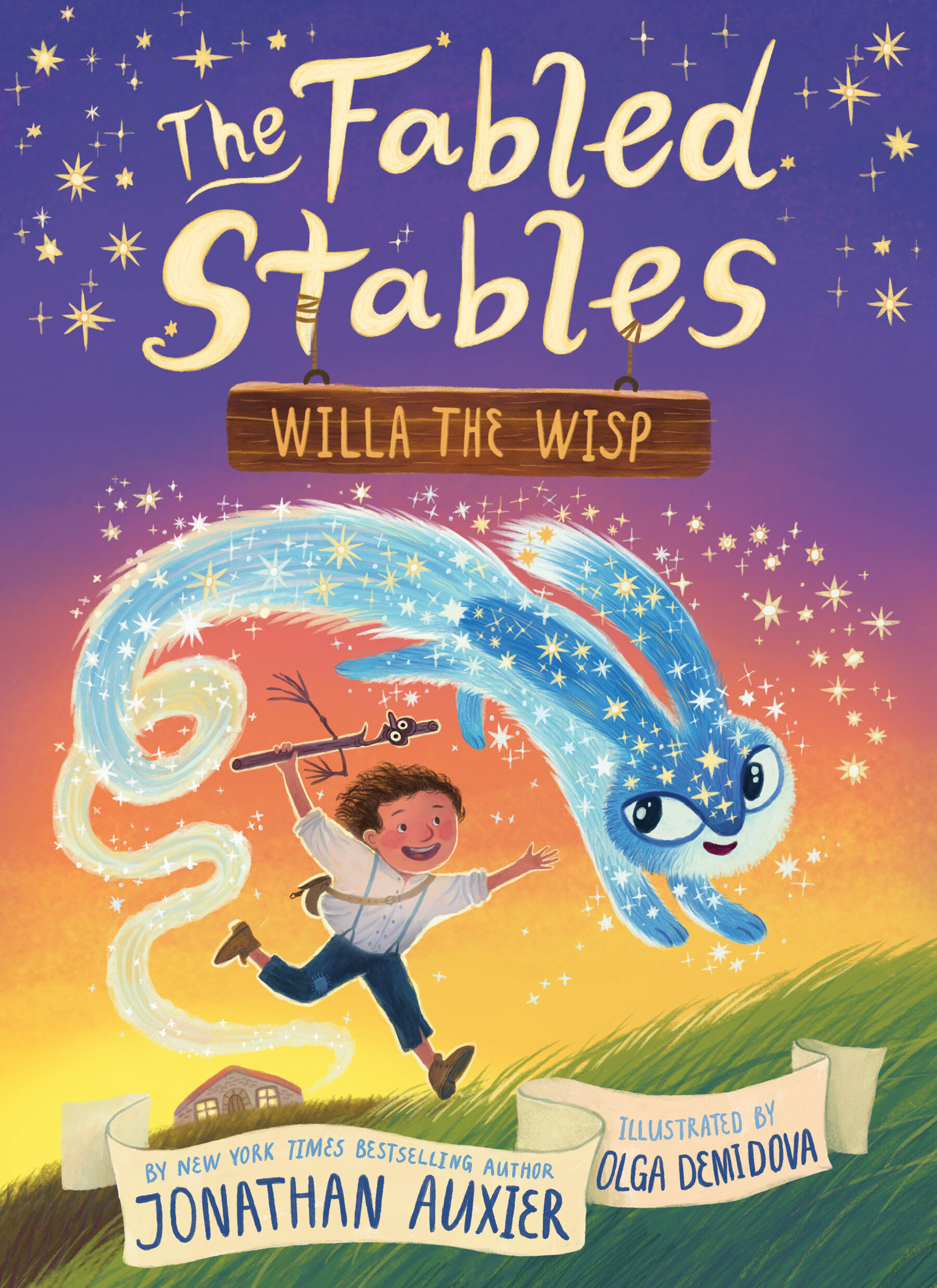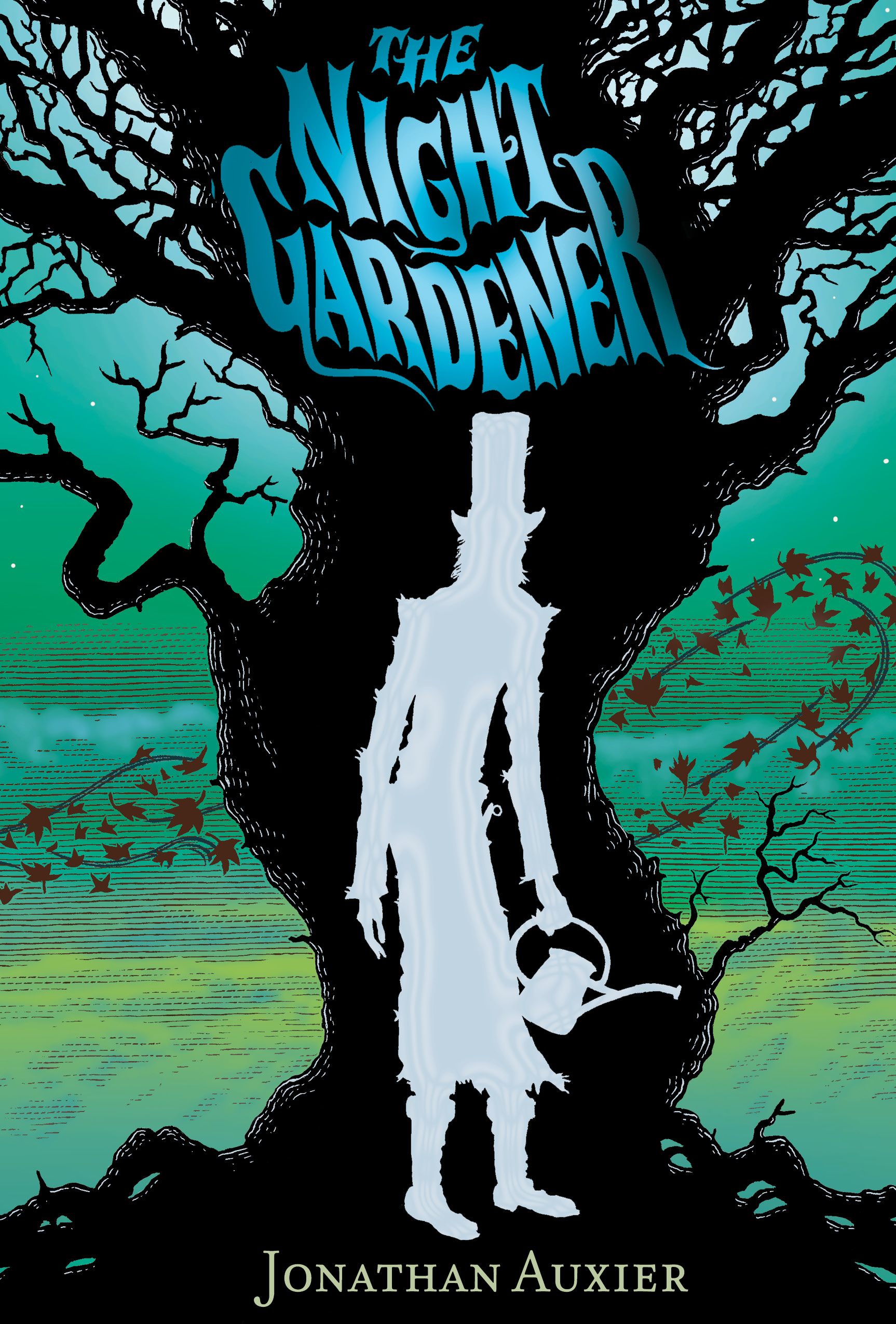In honor of Mother's Day, I thought I'd re-post an older piece about how my mum tricked me into becoming a lifelong reader ...
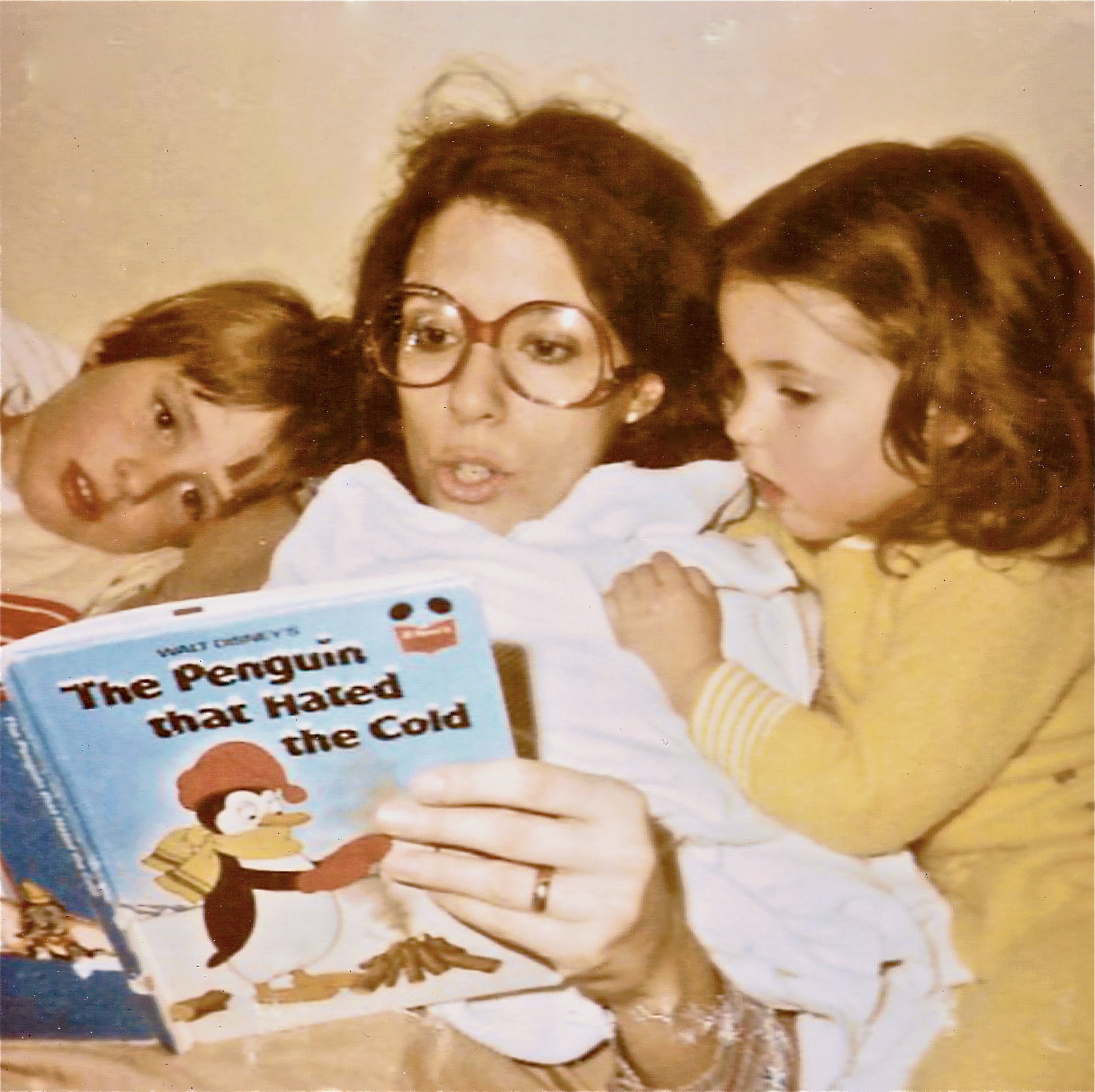
Last month I wrote a post about how my father shaped me as a reader -- so I thought today it would be appropriate to talk about my mum.[1. Yes, Canadians actually say "mum." Why? Because we're adorable, that's why.] That's her in the photo, reading to my cousins ... but it's a pretty accurate picture of my own childhood.
I come from a family of serious readers. When my mother was growing up in the middle of South Dakota farmland, she read every book in her local library. My parents didn't have much money growing up, but they did have stacks upon stacks of books. In fact, it wasn't until I got to college that I learned that reading at the dinner table was considered rude. Auxiers were readers -- end of story.
Or at least that's how I remembered it. But recently, I learned something from my mother that made me take a second look at my upbringing ... and made me love her all the more:
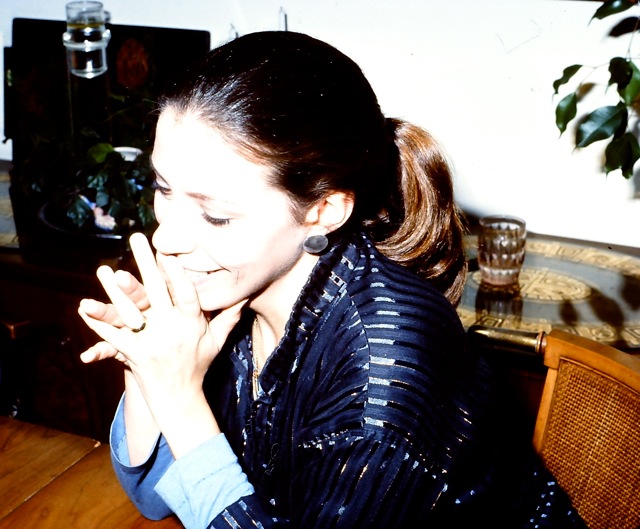 It happened right before I entered second grade. It was the end of summer, just before class would start, and my parents sat me down to explain that I would not be going back to my elementary school. Instead I would take a year off for something called "home schooling". At the time, my mother was completing an MA in Gifted Education, and I suspected at once that this whole home schooling thing was something she had made up. Not that I objected. As I recall it, my home school year consisted of playing Construx and memorizing lists of random facts she fed me -- art history, prepositions, the presidents, and other things no seven year-old had any business knowing.[2. Mary has since informed me that lots of kids are forced to learn prepositions -- but nobody can touch this guy for shere awesomeness.] At the end of the year, I went back to regular school. Only I didn't go into third grade with my former classmates ... instead I was put into a second-grade class with kids that were younger. It was only then that I realized the truth:
It happened right before I entered second grade. It was the end of summer, just before class would start, and my parents sat me down to explain that I would not be going back to my elementary school. Instead I would take a year off for something called "home schooling". At the time, my mother was completing an MA in Gifted Education, and I suspected at once that this whole home schooling thing was something she had made up. Not that I objected. As I recall it, my home school year consisted of playing Construx and memorizing lists of random facts she fed me -- art history, prepositions, the presidents, and other things no seven year-old had any business knowing.[2. Mary has since informed me that lots of kids are forced to learn prepositions -- but nobody can touch this guy for shere awesomeness.] At the end of the year, I went back to regular school. Only I didn't go into third grade with my former classmates ... instead I was put into a second-grade class with kids that were younger. It was only then that I realized the truth:
I had been held back.
I remember being confused at why my parents might have thought me unfit for the rigors of second grade. I mean, it's second grade. It wasn't like I couldn't handle the workload. So why hold me back? Whenever I asked my mother, she would just shrug and say that she had wanted to spend some more time with me.
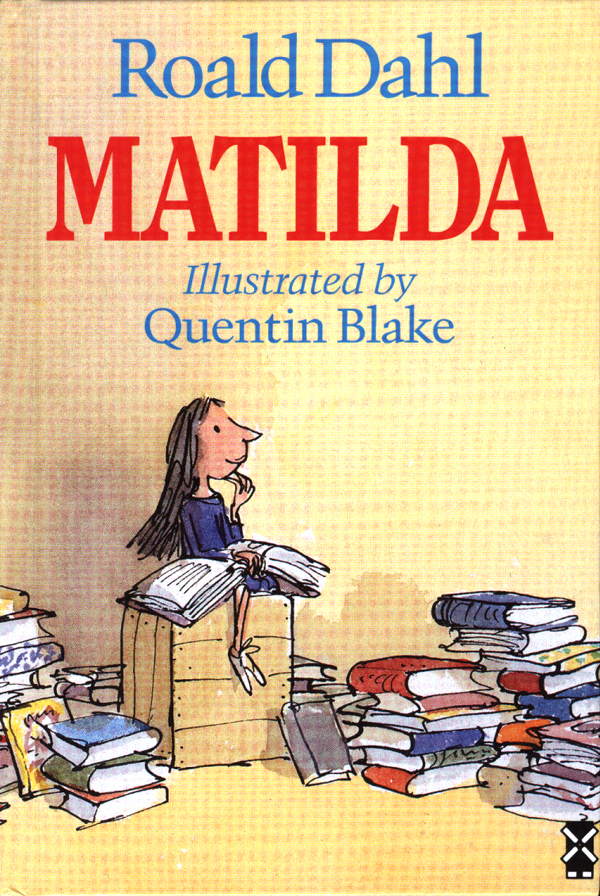 My second try at second grade was a blast. The big thing I remember was a year-long reading competition. Students were required to fill out little book reports, and the kid with the most book reports at the end of the year got an awesome plastic trophy.[3. In my day, you had to earn those dollar-store trophies, damnit!] My parents, who are some of the least competitive people I've ever known, were uncharacteristically invested in the event -- there were constant trips to the library, and a gentle-but-unmistakable pressure to make sure I handed in those reports. All told, I read 88 books that year. Even better than that trophy (which I totally won), were all the great authors I had discovered! Over those months, I had transitioned from stupid formulaic mysteries to Roald Dahl, Shel Silverstein, John Fitzgerald, and Lloyd Alexander.
My second try at second grade was a blast. The big thing I remember was a year-long reading competition. Students were required to fill out little book reports, and the kid with the most book reports at the end of the year got an awesome plastic trophy.[3. In my day, you had to earn those dollar-store trophies, damnit!] My parents, who are some of the least competitive people I've ever known, were uncharacteristically invested in the event -- there were constant trips to the library, and a gentle-but-unmistakable pressure to make sure I handed in those reports. All told, I read 88 books that year. Even better than that trophy (which I totally won), were all the great authors I had discovered! Over those months, I had transitioned from stupid formulaic mysteries to Roald Dahl, Shel Silverstein, John Fitzgerald, and Lloyd Alexander.
 It wasn't until almost 20 years later that I made the connection between these two memories. It came while I was teasing my mother for taking me out of school just so I could learn to say all my prepositions in a single breath (which I can still do). To this she replied: "I couldn't care less about prepositions ... I took you out of school because you didn't like reading."
It wasn't until almost 20 years later that I made the connection between these two memories. It came while I was teasing my mother for taking me out of school just so I could learn to say all my prepositions in a single breath (which I can still do). To this she replied: "I couldn't care less about prepositions ... I took you out of school because you didn't like reading."
Huh? I loved reading! What was she talking about?!
My mother explained that even though I knew how to read as a kid, my teacher had warned her that I didn't seem to enjoy it very much. And so she made an executive decision: pull me out of school and FORCE me to love reading. Every single day she would sit down and read a book to me, and then she would make me read a book myself. After that, I was allowed to do whatever I wanted (Construx!).
To this day, I have no memory of this home school reading regiment. But when I think about the year that followed, about all the wonderful books that I devoured, I start to see that it may have worked. Thanks, mum.


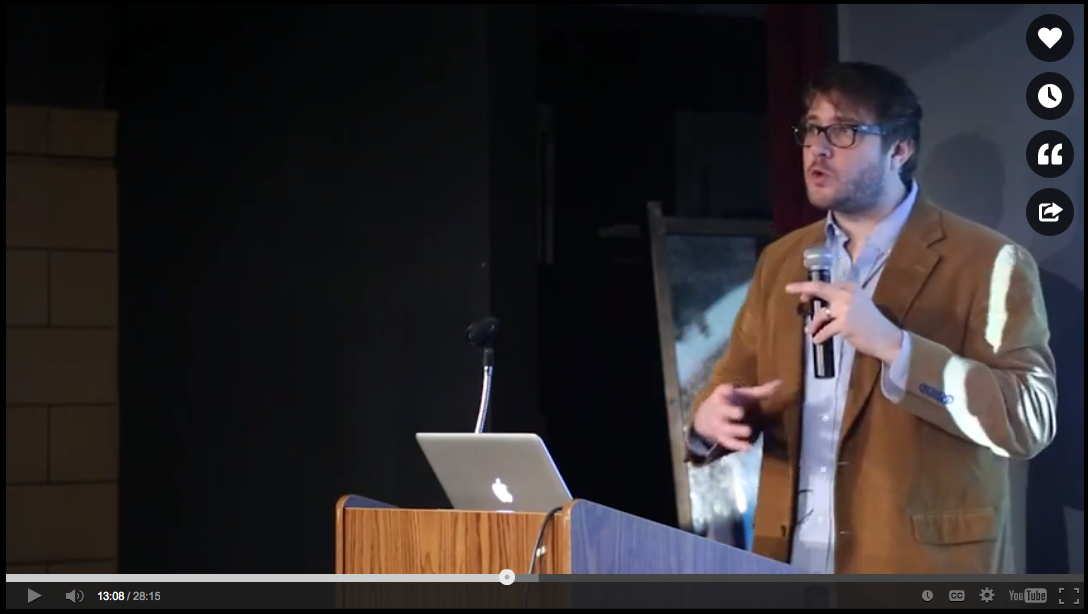







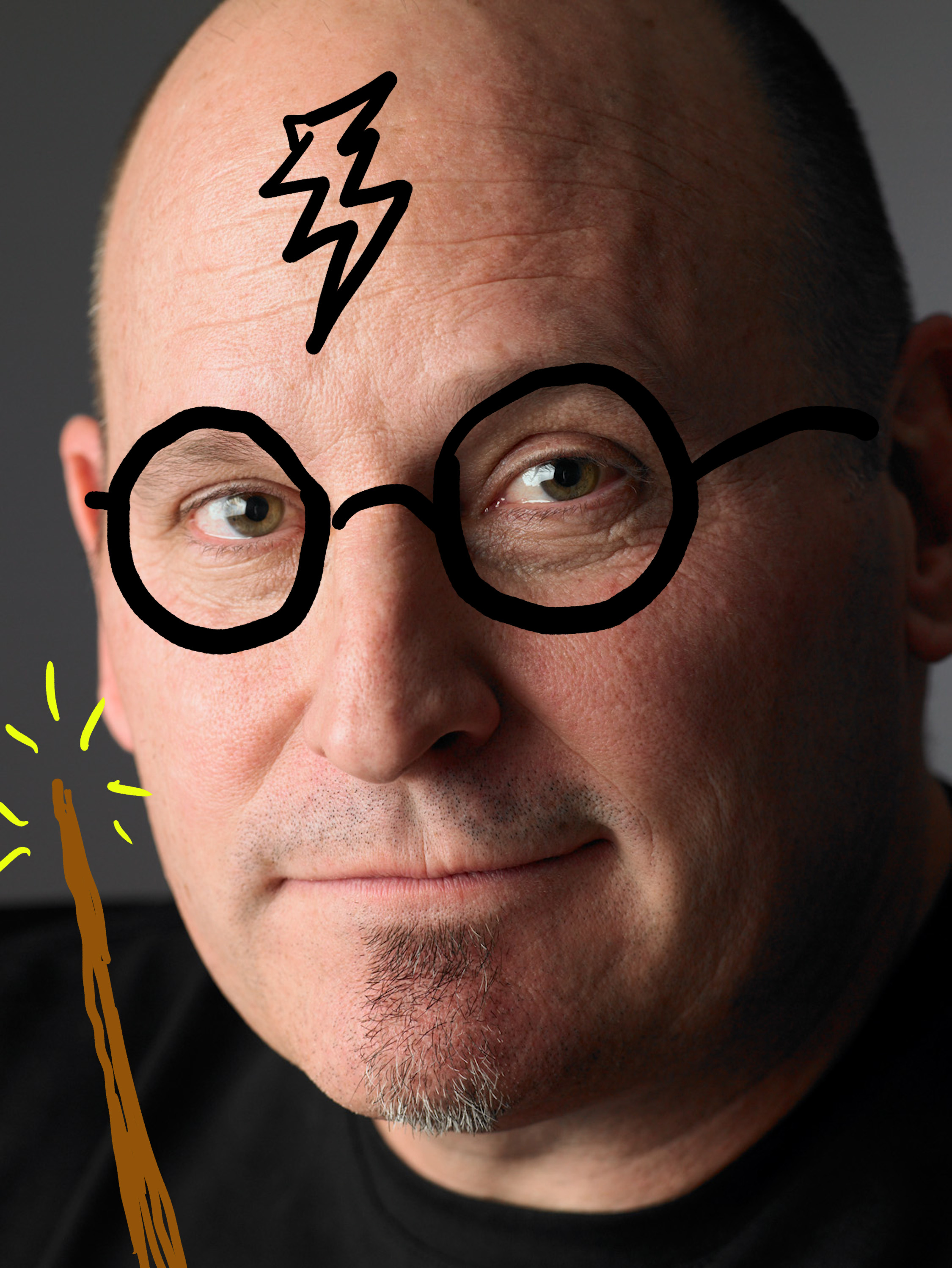

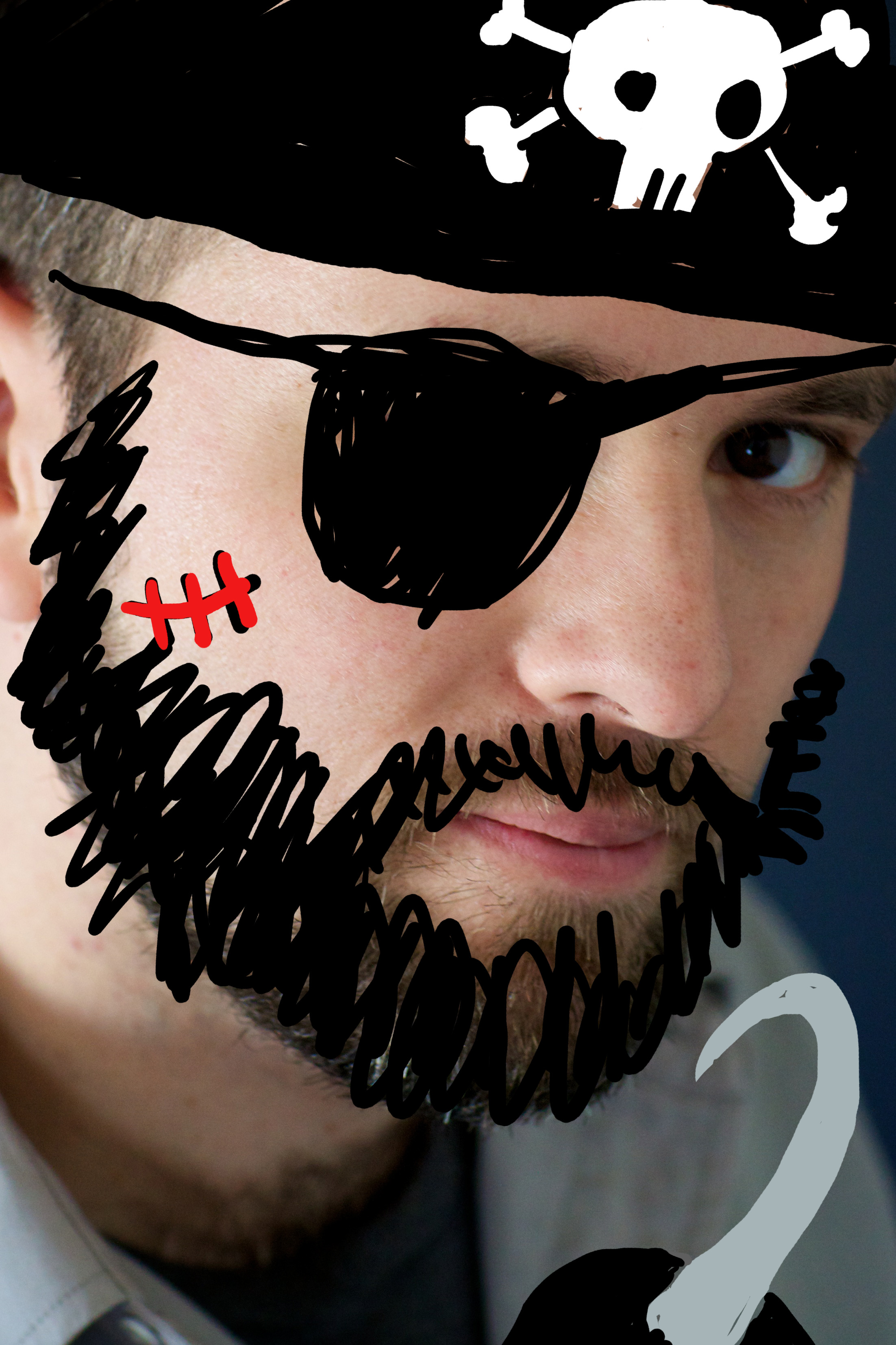










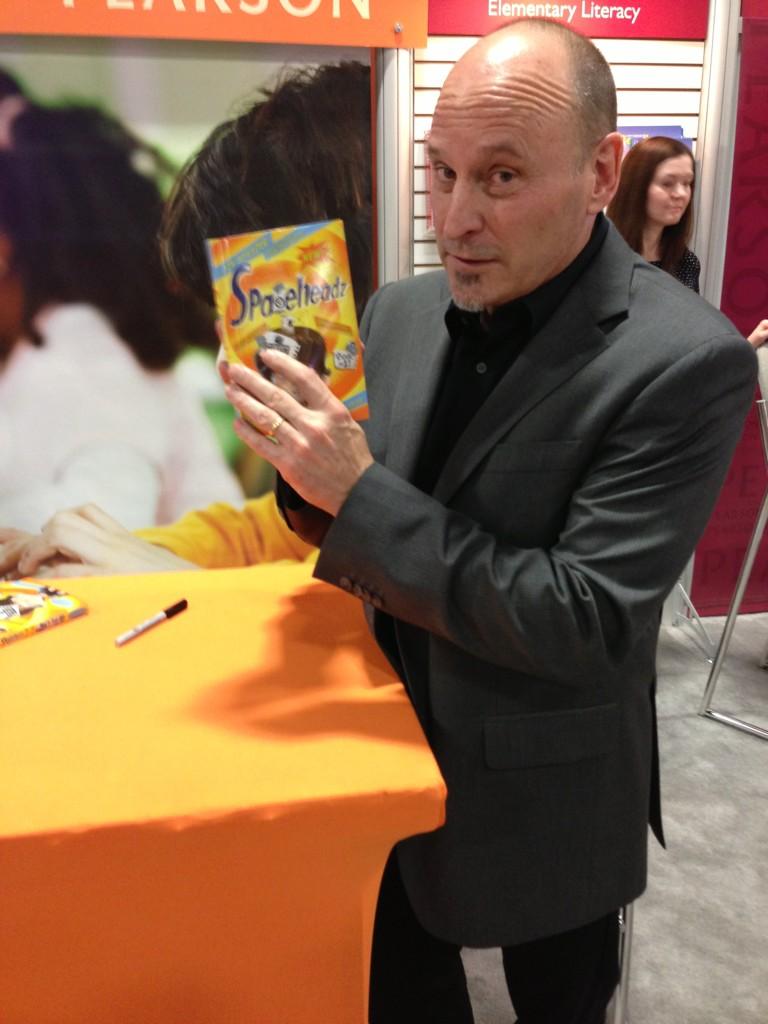
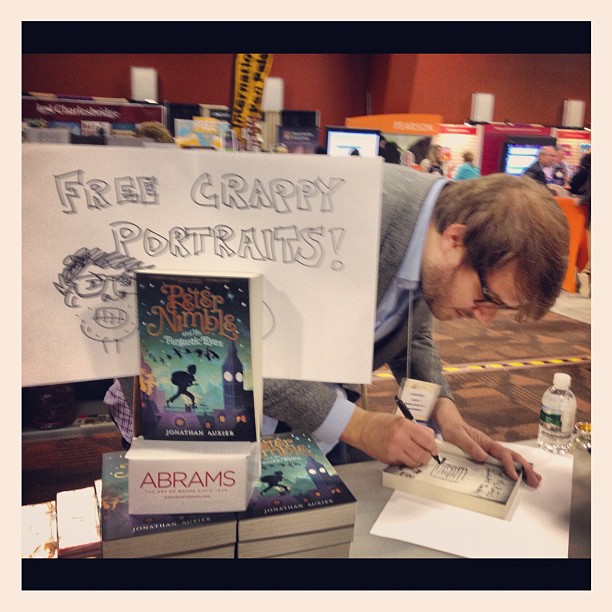
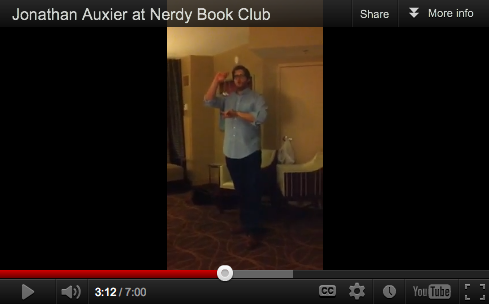


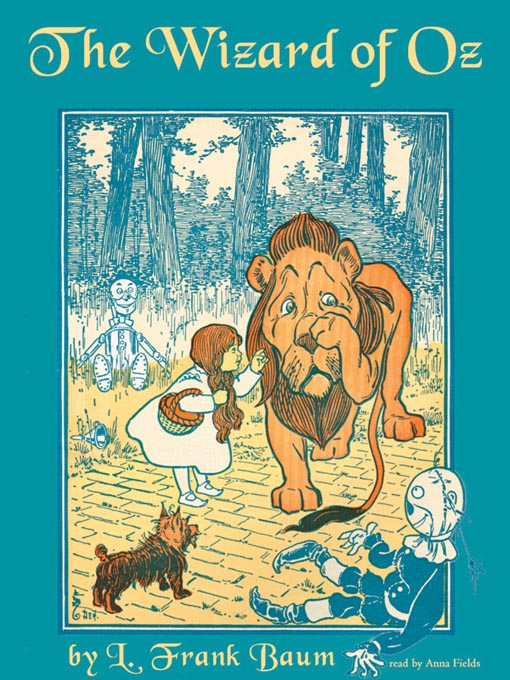 The Wonderful Wizard of Oz by L Frank Baum (1900)
The Wonderful Wizard of Oz by L Frank Baum (1900) The Secret Garden by Frances Hodgson Burnett (1911)
The Secret Garden by Frances Hodgson Burnett (1911) The Adventures of Huckleberry Finn by Mark Twain (1885)
The Adventures of Huckleberry Finn by Mark Twain (1885)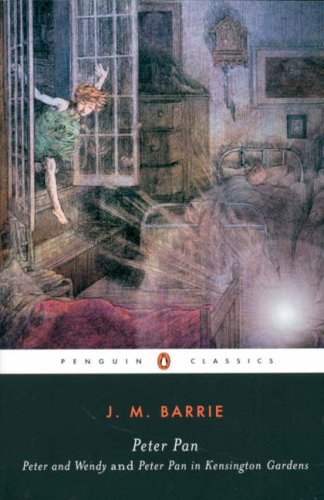 Peter and Wendy by JM Barrie (1911)
Peter and Wendy by JM Barrie (1911)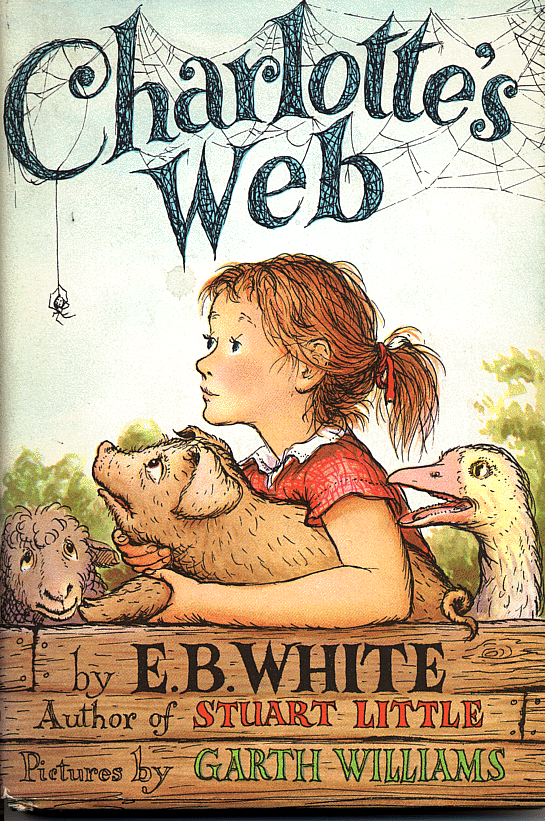 Charlotte's Web by EB White (1952)
Charlotte's Web by EB White (1952)

